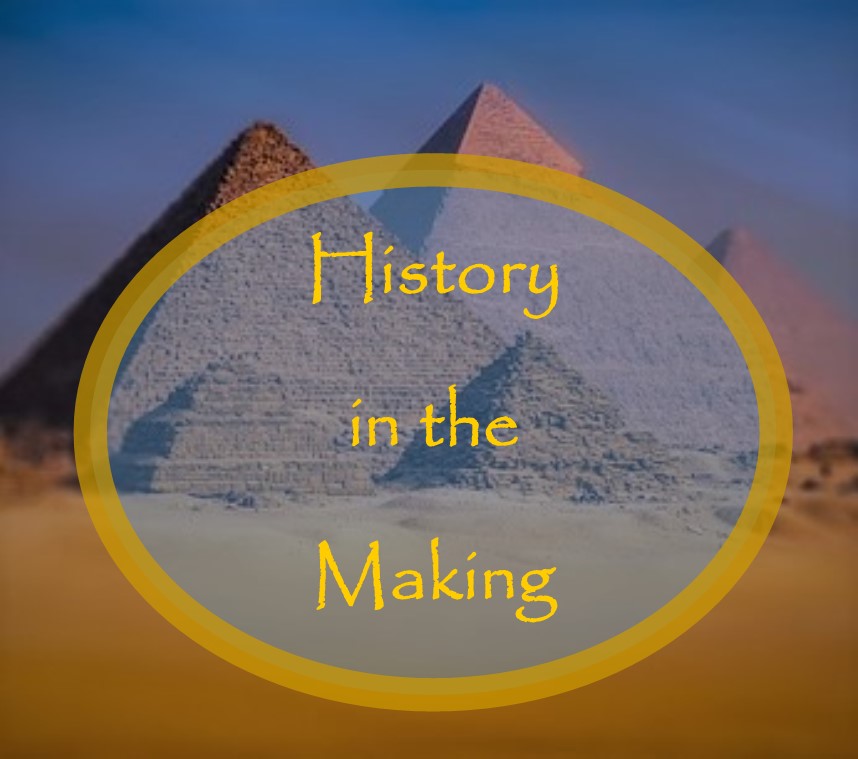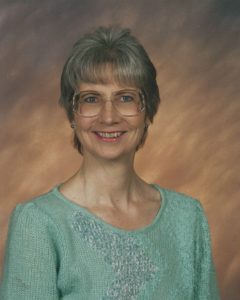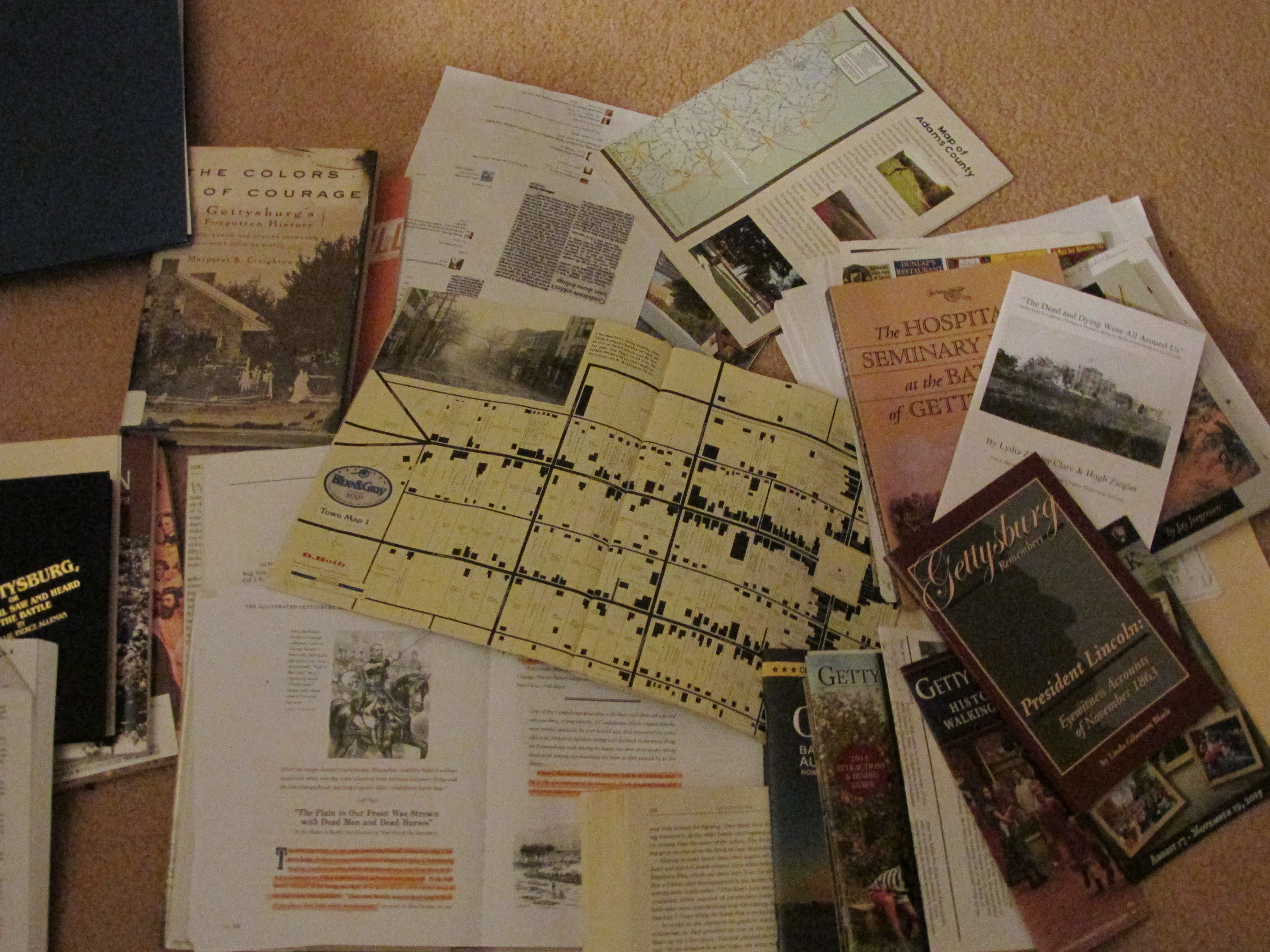The dark house looked lonely and foreboding as Ellen pulled the key from her reticule and fumbled with the lock. Pushing open the door, she felt along the wall for the light switch…
Or did she?
Depending on the time period and setting of this story, Ellen might need to grope around a small table for a match to light the kerosene lamp.
Thomas Edison invented an incandescent light bulb in 1879, and by September 1882, he powered up the Pearl Street distribution center and distributed electricity to approximately 82 customers in Manhattan, New York. In 1893, electricity lit up the World’s Fair in Chicago. But it would not be advisable to rely on these tidbits of information to justify whether or not Ellen’s home had electricity.
If Ellen lives in a city in the 1920s-30s, there’s a good chance the flick of a wall switch will light up the room. But if Ellen’s story is set in a period prior to the early years of the twentieth century, it is probable that some other source of light scattered the darkness when she arrived home.
Before launching our search, we should also determine a few other things about Ellen.
Does she enjoy the city life or live in a rural area?
Is she rich or poor?
Answers to these questions may make a difference in the type of lighting in Ellen’s home.
Our research list (whether through the Internet, the local library, newspaper archives, or other favorite resources we have developed ) might include:
- History of the city and surrounding area where Ellen lives. (If the answer is quick and obvious, we can breathe a sigh of relief and get back to writing our story.)
- History of Electricity, especially a timeline
- Check out possible light sources:
- Generators
- Gas lighting
- Kerosene lamps
- Candles
- Fireplace
- A trip to the actual city or town can be invaluable overall, though probably not practical if made only to determine when power poles and lines were installed.
Stay focused. Unless we have the mind for it, following the progression of science in this area can be overwhelming and take us on unnecessary detours, robbing us of precious time to pursue our goal: writing.
Wrapping it up, be prepared for the possibility that your exploration will lead you to another research project:
The dark house looked lonely and foreboding as Ellen pulled the key from her reticule and fumbled with the lock. Pushing open the door, she felt around the table for a match…
They did have matches back then, didn’t they?
Jeannine Brummett lives in South Carolina with her husband of nineteen years, Don, who shares his three adult sons and three grandchildren with her. Reading is big on her list of things to do, but she also thrives on TV crime dramas, NBA basketball, and marvels at the critters and fowl life that live at the pond behind their house. She loves to sing praise songs, attend Bible Study, and help at a local food pantry.





 We love helping your growing in your writing career.
We love helping your growing in your writing career.

1 Comment
Well said, Jeannine. Out of context events can sink a story.
I’m reminded of the old joke: Before electricity, we had to watch TV by candlelight.